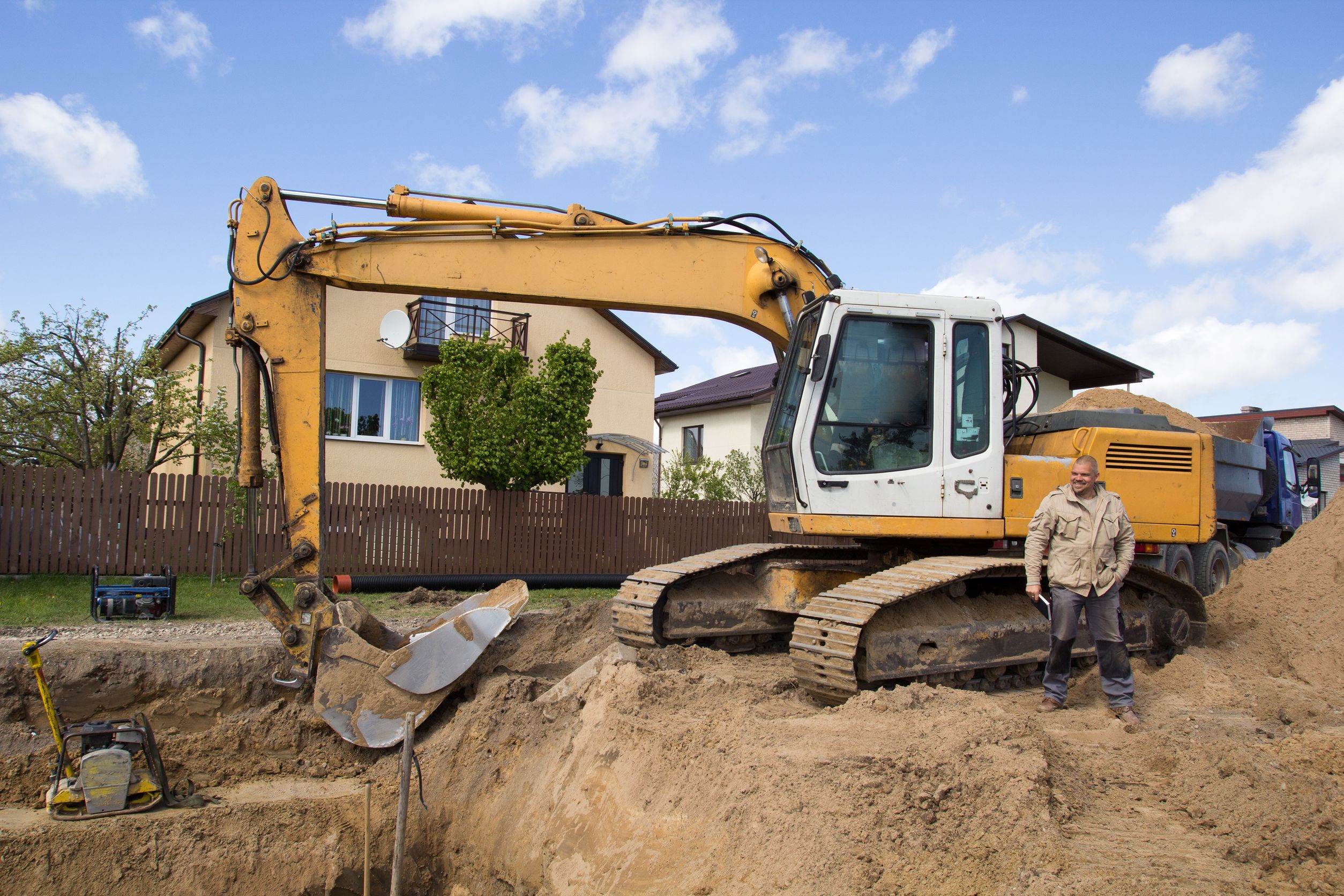A home’s septic system disposes of wastewater when sewer lines are not connected to the municipal system. Understanding how septic systems work, preventing small problems from turning into big ones, and maintaining the system can minimize the need for costly repairs. Read on to learn some of the earliest signs of septic system failure as well as some tips to prevent serious safety issues.
First Signs of Trouble
Some indications of problems, such as a full tank or a clog, slow toilets and rains, gurgling drain pipes, and sewage backups in the sink or toilet. An unpleasant odor in the home may also signal the need for Septic tank service.
Look Outside
Inspection of the area around the drain-field and septic tank can offer more clues as to the nature of a septic system problem. Liquid on the ground anywhere near the septic system can be a big problem. Swampy ground or excessive plant growth over a drain-field can indicate a clog in the system’s absorption field or an overflowing tank that’s permitting solid waste to fertilize the area. Seasonally high water tables can adversely affect the operation of a septic system.
The Basics of Clog Inspection
If there’s water backing up into one toilet, tub, or sink and it isn’t the home’s lowest drain, the problem may lie in the indoor plumbing. Drain cleaner can clear clogs, but it is not good for the septic system when used in large quantities. If problems persist in more than one drain, the issue may be in the septic system. The scum layer could be clogging the inlet or the baffle may be clogged, which requires cleaning, filter replacement, or pumping. Plugged sewer vents can cause slow drainage and gurgling sounds as air is pulled into the indoor plumbing, and tree root intrusion requires more substantial repairs.
Tips for Septic Tank Maintenance
Septic tanks need regular pumping to remove scum and sludge that accumulate as waste passes through the tank. The frequency varies by tank and household size, and homeowners should avoid dumping food and grease down drains. Do not put household waste into the system, and get the system inspected once per year by the team at visit us website. You can also connect with them on Facebook.


